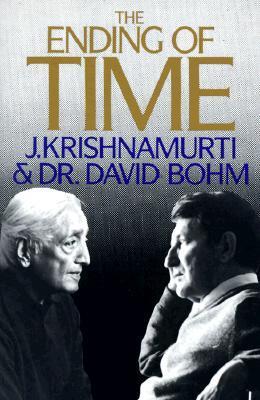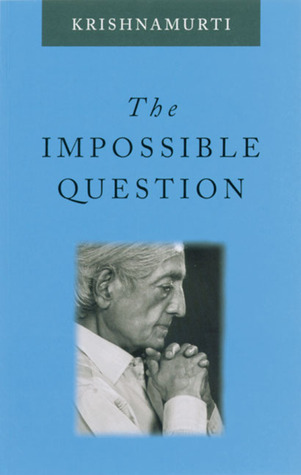
Freedom from the Known
Book Description
Break free from the suffocating chains of conformity and fear. In "Freedom from the Known," J. Krishnamurti ignites a revolutionary journey into the depths of the human mind, challenging everything you thought you knew about freedom and self-discovery. Explore the tension between tradition and transformation as profound questions unravel the fabric of your beliefs. Embrace a path where true liberation awaits, prompting you to confront the shadows of your own limitations. What if the key to your greatest potential lies beyond the walls you've built?
Quick Book Summary
"Freedom from the Known" by J. Krishnamurti is a profound exploration of the human mind’s entanglement in conditioning, tradition, and fear. Krishnamurti argues that true freedom comes not from following prescribed systems or ideologies, but from a radical self-awareness that dismantles the limitations imposed by society, upbringing, and personal fears. Through dialogue and probing inquiry, he encourages readers to question everything they accept as truth, rejecting conformity and seeking understanding beyond the patterns of the past. By recognizing and transcending these mental and emotional boundaries, individuals can experience authentic transformation and liberation. The book challenges readers to directly confront their attachments, beliefs, and psychological barriers, suggesting that real change arises only through personal insight and inner revolution.
Summary of Key Ideas
Table of Contents
The Trap of Conditioning and Belief
Krishnamurti begins by examining the pervasive influence of conditioning on the human mind. He describes how individuals are shaped by family, culture, religion, and society, inheriting a set of beliefs that become an invisible prison. This conditioning affects how we think, perceive the world, and make decisions, trapping us in repetitive behaviors and reactions. According to Krishnamurti, real freedom cannot exist within the boundaries set by these external factors; it arises only when we recognize and transcend the deeply ingrained habits and assumptions guiding our lives.
The Illusion of Security and Fear
A central theme in the book is the pervasive role of fear and the illusory search for security. Krishnamurti reveals how humans desperately seek comfort in known patterns, familiar beliefs, and authority figures in an effort to find psychological safety. However, this pursuit traps us in cycles of anxiety and dependence, reinforcing the very fears we hope to escape. He urges the reader to carefully observe the origins of fear, noting that insecurity comes from attachment to ideas and experiences that validate the self.
Observation and Self-Awareness
In seeking transformation, Krishnamurti stresses the importance of direct observation without judgment. He advocates for moment-to-moment awareness, observing one’s thoughts and emotions without labeling or identifying with them. By doing so, individuals can uncover the subconscious motivations and mechanical responses that drive behavior. This self-awareness is not a method or technique, but a dynamic process of inquiry and discovery that allows for authentic change to occur naturally, without force or willpower.
Breaking Free from Authority and Tradition
Krishnamurti challenges the authority of tradition, religious dogma, social norms, and even psychological experts. He claims that any prescribed path or external system only perpetuates dependency and hinders real understanding. Freedom, in his view, requires the courage to question everything—including authority itself—and to resist the urge to conform. By dismantling obedience to ideology and organized belief, individuals can find truth for themselves and forge a life of genuine integrity.
Living with Insight and Inner Freedom
Ultimately, "Freedom from the Known" advocates for a life grounded in insight and ongoing inquiry. Krishnamurti describes how true liberation emerges from living fully in the present, with clear perception and openness to the unknown. When inner observation dissolves the psychological barriers of fear, conditioning, and attachment, one experiences peace, intelligence, and relationships unburdened by conflict. The book closes with a call to embrace this radical internal freedom as the source of authentic transformation, creativity, and love.
Download This Summary
Get a free PDF of this summary instantly — no email required.





